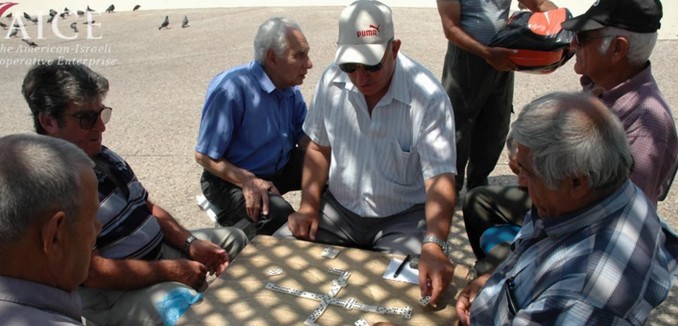The boycott movement that targets Israel has “limited impact” on Israel but “directly harms its intended beneficiaries, the Palestinians,” according to an analysis by Carrie Sheffield that was published at Forbes on Sunday.
The numbers speak for themselves: Israel (population 8.3 million) has GDP of $291 billion, the Palestinian Territories (population 4.1 million), $11.3 billion. In 2012, Israeli sales to the Palestinian Authority were $4.3 billion, about 5% of Israeli exports (excluding diamonds) less than 2% of Israeli GDP, according to the Bank of Israel. In 2012, Palestinian sales to Israel accounted for about 81% of Palestinian exports and less than a percentage point of Israeli GDP. Palestinian purchases from Israel were two-thirds of total Palestinian imports (or 27% of Palestinian GDP).
Such trade flow asymmetry shows Palestine needs Israel, economically speaking. Yet the BDS crowd would impair economic ties between these areas, despite evidence that trade between peoples lessens outbreak of war. BDS-ers want to obliterate the vast trade surplus Israel extends to Palestine and offer nothing in its place.
Beyond damaging the Palestinian economy, Sheffield points out that boycotts of Israel harm the livelihood of Palestinian workers who work in Israeli companies, and who are granted rights and benefits that they wouldn’t otherwise enjoy. Last year, an article in an official Palestinian Authority newspaper praised Israel for its treatment of workers.
Sheffield also lauded Israel for “invest[ing] heavily in Palestine,” and commended the recent legislation sponsored by Representatives Peter Roskam (R – Ill.) and Juan Vargas (D – Calif.), which would require American trade negotiators to discourage nations wishing to do trade with the United States from participating in any sort of boycott of Israel. She described the legislation as “protect[ing] the shared prosperity of both Palestine and Israel.”
[Photo: JewishVLibrary / YouTube ]




